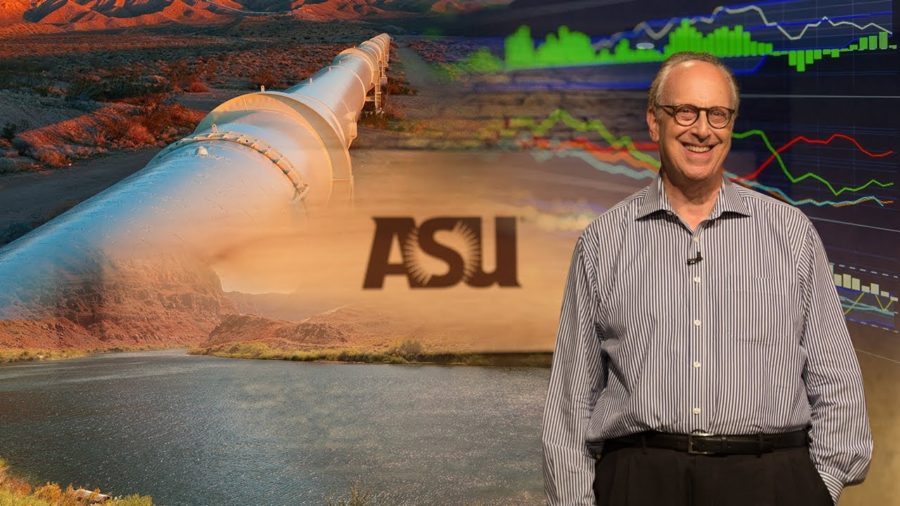Water is a difficult commodity. It is free, and yet costly. It is simultaneously a private good, and a public good. It helps cities flourish financially, but now it is their financial burden. Almost nobody pays for the water per se. The cost of water is the cost of making it available at the right time, in the right place, and with the right quality.
Archive
We have even in the United States serious and growing water scarcity challenges. We have contamination problems with chemicals that we have not adequately regulated here in the United States. We have conflicts between states in the United States about who gets to use what water to do what. We have evidence that climate change is already influencing water demand, affecting water availability, changing extreme events. There are a whole suite of water-related problems, here, unrelated to these basic human need challenges that’re pressing in other parts of the world.
Throughout the colonies of the various European powers, water engineers used dams, ditches, and sluices to control the flow of water. They claimed that their approach to water management was more rational and efficient than existing indigenous approaches.

